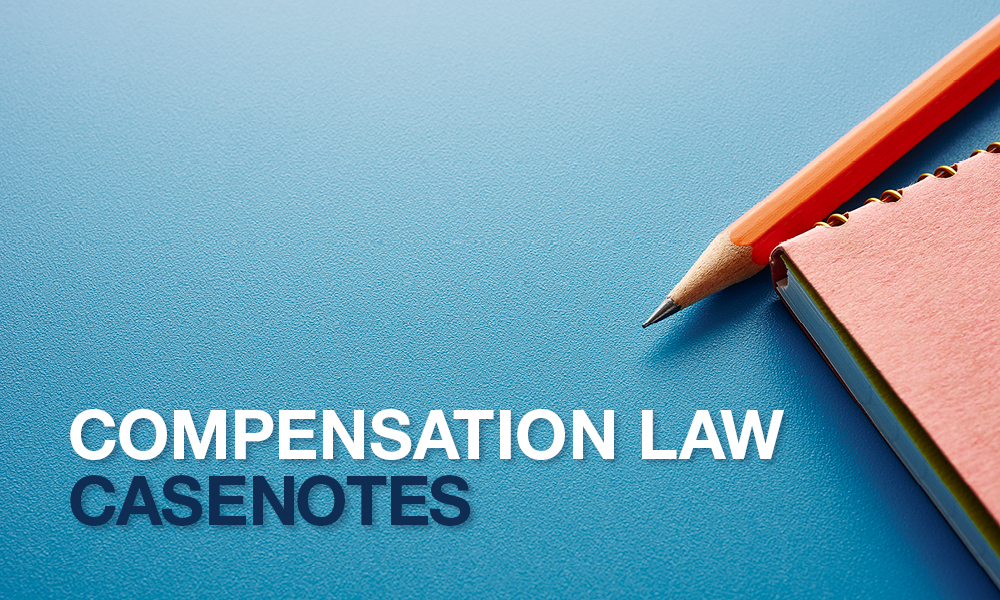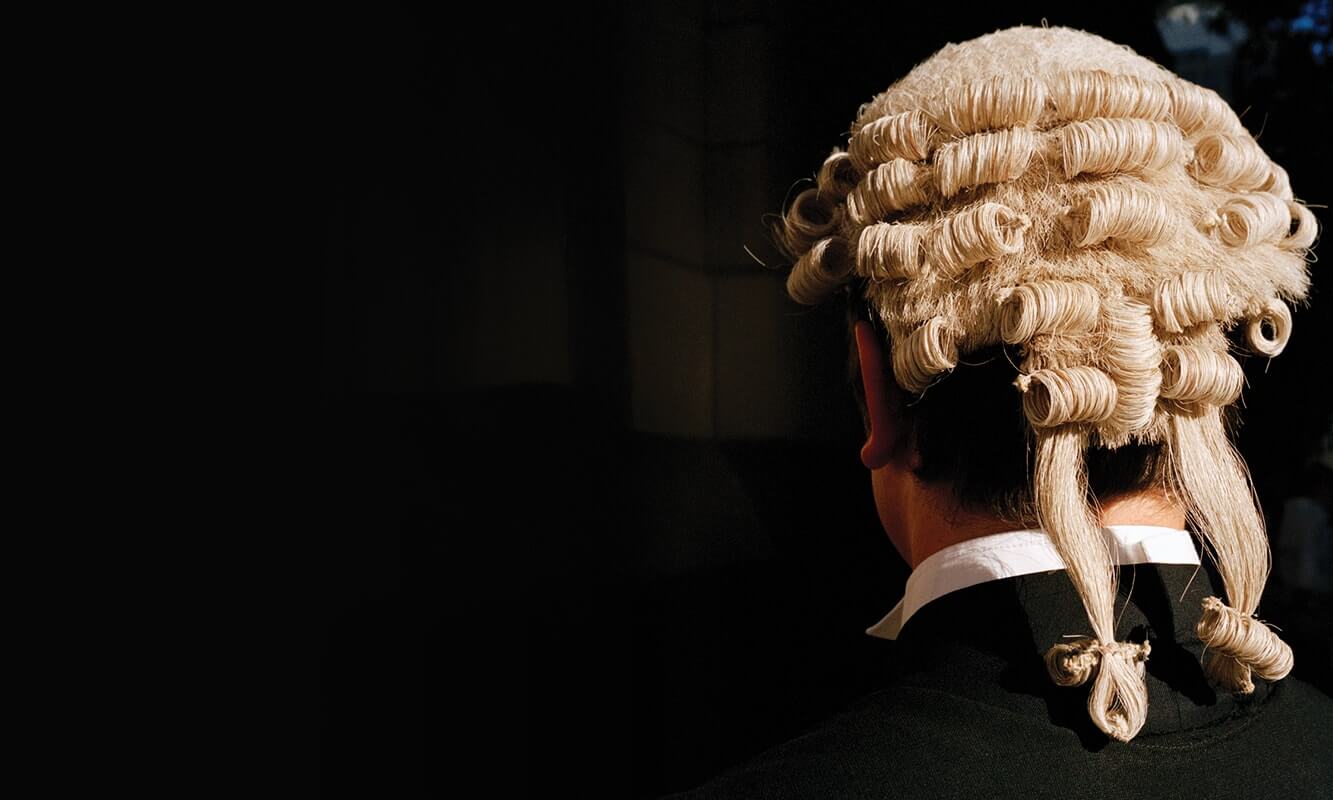The appellant suffered spinal injuries as he was travelling down a busy suburban road on his motorcycle and a piece of timber fell from the back of a large utility vehicle into his path.
The appellant managed to avoid the timber with his front wheel, but the back wheel ran over it. The back of the motorcycle did a ‘bunny hop’, jarring the appellant’s body and causing injury to him.
At trial, neither the negligence of the unidentified driver nor the quantum of the appellant’s claim was disputed. The sole issue was whether the appellant had made a ‘proper inquiry and search’ so as to engage the presumption in section 31(2) of the Motor Accident Insurance Act 1994 (MAIA) that the relevant motor vehicle “cannot be identified”.
The trial judge found that, by failing to attempt to obtain the number-plate details, the appellant failed to engage in a proper inquiry and search and his claim was dismissed.
Decision
Appeal allowed. (Morrison JA and Gotterson AJA and Applegarth J, decision delivered 28 April 2023)
Ratio
The appellant contended that the primary judge had applied a standard of ‘proper inquiry and search’ that was incompatible with the relevant authorities.
It was argued that during the 20-second period between the appellant coming into contact with the timber and the utility vehicle disappearing from view, “proper inquiry and search” did not require him, as the shocked rider of a small motorcycle, who believed he was not injured, to pursue a vehicle that was crossing lanes and then turning in a different direction, in order to observe and remember the details of its number-plate.
In allowing the appeal, the court found that it was reasonable for the appellant to opt against pursuing the utility vehicle, particularly given the fact that he believed he was uninjured in the 20 seconds following the incident.
Further, it was found to be unreasonable for the appellant to return to the incident location on a subsequent evening to try and identify the utility vehicle or to look for it in the local road network given that these two steps were unlikely to be productive.
Citing the 1975 decision of the High Court in Harrison v Nominal Defendant, the Court of Appeal reiterated that searches and inquiries that are not realistically likely to produce results are not a requirement of ‘proper inquiry and search’ and further ‘proper inquiry and search’ does not require a person to undertake steps that have only a faint possibility of being productive.
This compensation law casenote appears courtesy of Travis Schultz & Partners (TSP), where the author, Jemma Barnard, is an Associate. As part of the firm’s commitment to providing ongoing legal education, TSP practitioners review relevant judgments and prepare case summaries for the legal profession. A free searchable catalogue of compensation law casenotes is available at schultzlaw.com.au/case-summaries (registration required). The full version of the judgments can be found at austlii.edu.au.













Share this article